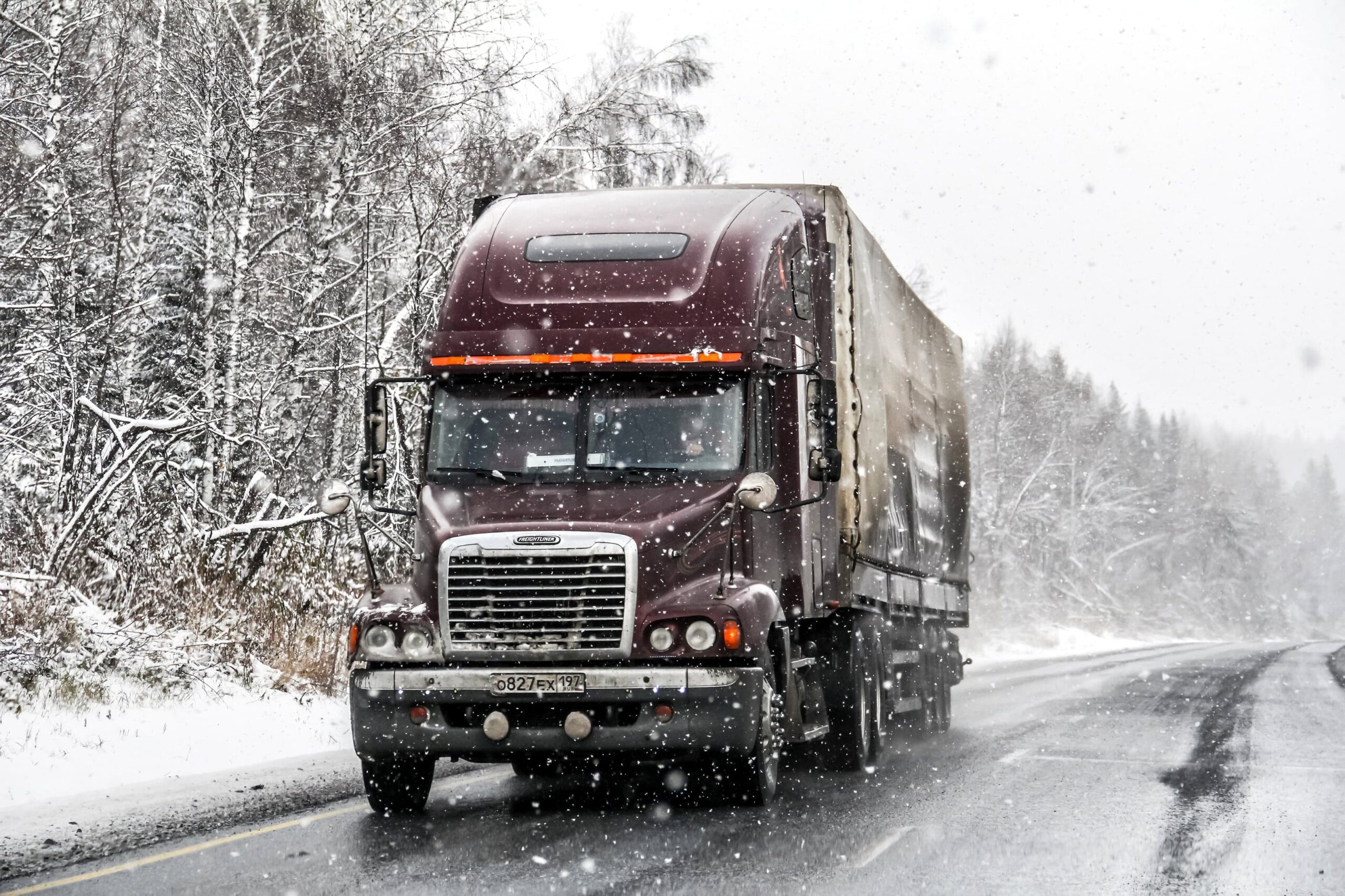Trucking Safety Tips During Winter Months
Driving in the winter can be treacherous, but truckers have no choice. They need to on the road in order to propel the American economy forward. As a result, you need some trucking safety support. The tips below will explain how to remain safe on the road this winter, how to manage a big truck when bad weather strikes, and how to prepare for the worst.
Trucker/Hauler Supply Checklist
Every trucker or hauler should have a supply checklist that they update regularly. Don’t count on your employer to fillthe truck for you. If you are an owner-operator, you shouldn’t leave home without checking this list. Finally, if you own or manage a trucking firm, do you drivers a favor and make sure every item on this list is fulfilled:
- An extra set of clothing in case you get wet
- An extra layer of clothing for colder days
- Thick, winter gloves
- Rain gear
- Flashlight and extra batteries
- Warm blankets
- Extra washer fluid
- A couple bags of sand or salt
- Tire chains
- Jumper cables
- A large ice scraper
Mind the Speed Limit
It’s said quite a bit, but it bears repeating—slow down. The safest thing anyone can do on an icy or snowy road is slow down. Minding the speed limit is a good place to start, but you can slow down even more as traffic becomes even more hazardous.
As a trucker, you have a view of the road that is unmatched, and you can see how bad the conditions are. Keep the truck in a lower gear, slow down, and make sure that you move to the righthand lane where you don’t need to contend with two sides of traffic.
Plus, the righthand lane has a shoulder and might even provide runoff areas for rigs like yours.
Both Hands on the Wheel
Yes, you can move your hand to adjust the radio, change gear, or the turn on the heater in thetruck. But, for the most part, keep both hands on the wheel. This is the only way to ensure, 100%, that you have control of the truck.
Keep Your Distance on the Road
You’ve slowed down and put both hands on the wheel. However, you also need to keep your distance. We know quite well that other drivers often make life difficult for truckers, especially as motorists assume that large trucks can maneuver easily.
That is not the case.
Keep your distance so that you can avoid accidents when motorists in passenger vehicles inevitably make unwise decisions. There’s no need for you to be caught in the crossfire. Plus, if the weather is really bad and the truck gets out of control, you’re protecting everyone around by staying away.
Brake Gently in Big Trucks
Truckers already know to slow down and stay off the brakes, but braking gently in a big truck is even more important in the winter. Remember, braking gently gives you time to:
- Feel how the truck reacts
- Correct your trajectory
- Apply power if you skid
- Prevent skidding
- Make it easier for others to see the truck
Slow Down on Bridges
Bridges really do ice before the rest of the road. Why? Bridges have cold air passing over the top and bottom of the road surface, freezing it that much more quickly. You cannot assume that the bridge is safe just because the road is salted.
Beware of Black Ice
Slowing down also makes it easier to see black ice. If you wouldn’t drive your truck into a puddle of unknown depth, you certainly shouldn’t drive your truck over substances you don’t understand. Black ice is easy to miss, and it’s better to drive around obstacles than pass through because, “it’s probably nothing.”
Contact DSI for More Information on Trucking Safety and Insurance
Bridges really do ice before the rest of the road. Why? Bridges have cold air passing over the top and bottom of the road surface, freezing it that much more quickly. You cannot assume that the bridge is safe just because the road is salted.
Beware of Black Ice
Reach out to our team of life insurance experts at DSIto learn more about protecting yourself and your family. There are several options to choose from, and we will help you make the most of each policy. You decide how much coverage you need and how much you want to spend—we take care of the rest.

